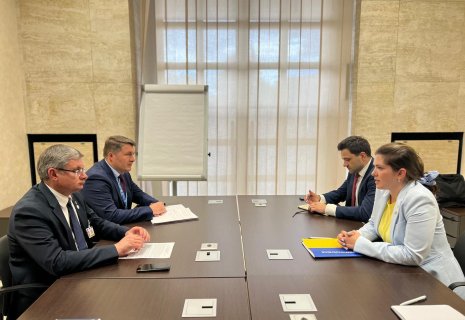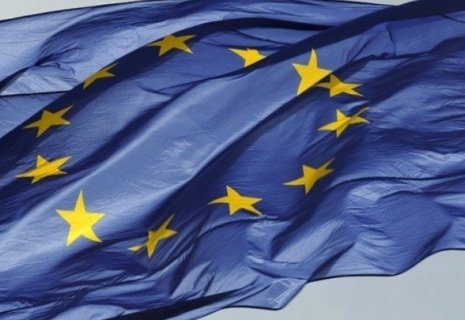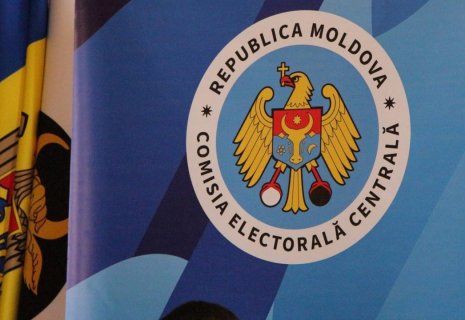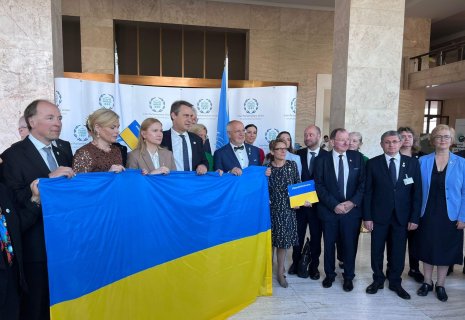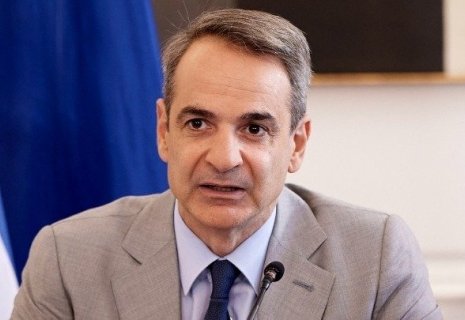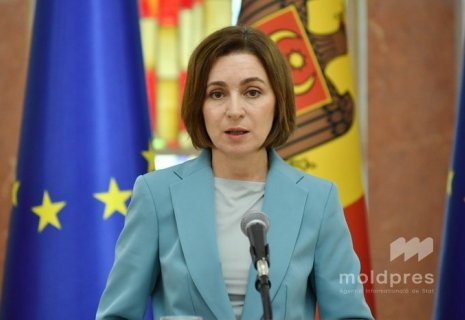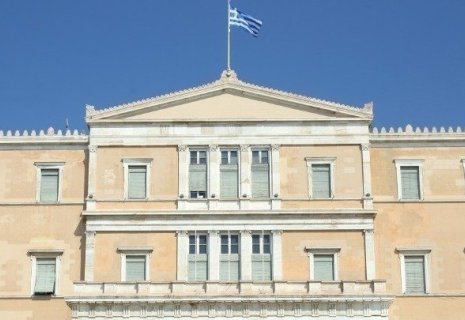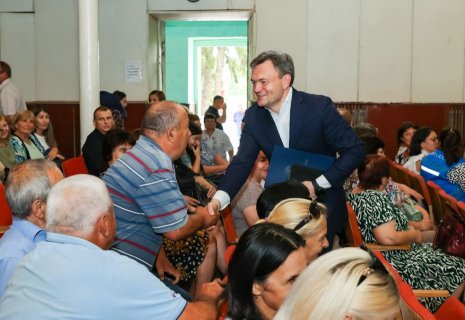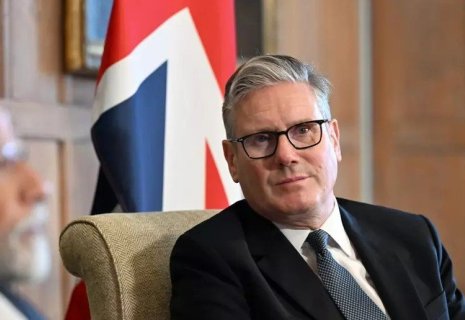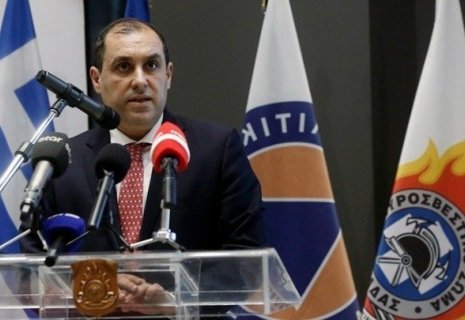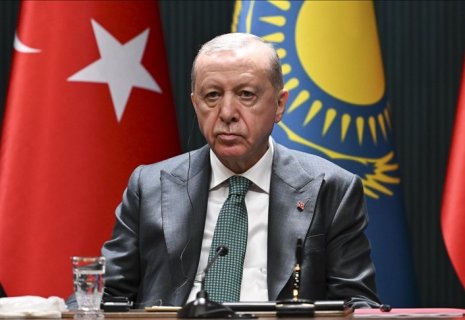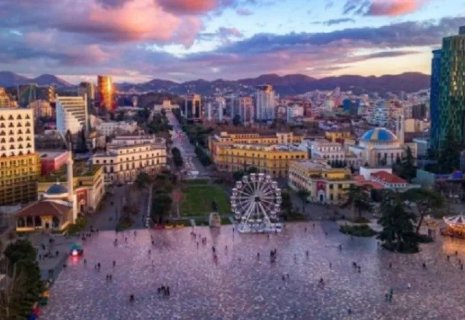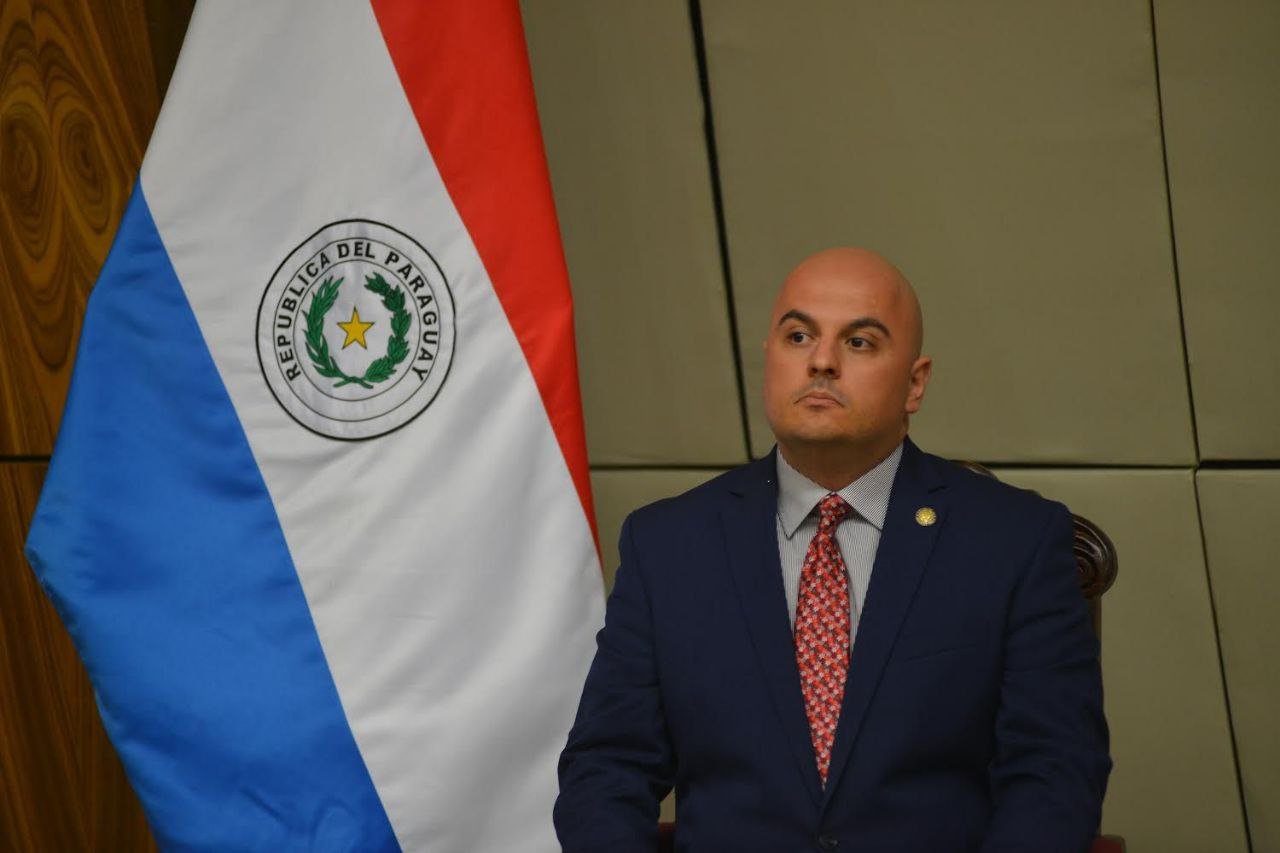
Hanke and Petcho: U.S. consumer confidence index in April fall dramatically
By Peter M. Tase
On April 30th, 2025, Prof. Dr. Steve H. Hanke and Guy Petcho published an important analysis at America’s prestigious Fortune Magazine. In their article at Fortune Magazine, entitled: “U.S. corporate earnings growth is on the road to zero”; both authors argue that: “As it turns out, elements of regime uncertainty have already reared their ugly head. The signs are everywhere. The Baker, Bloom & Davis Uncertainty Index currently sits at its highest level in its 40-year history, and on Tuesday, the U.S. consumer confidence index in April fell to its lowest level since October 2011. Business leaders are no longer able to make long-term investment decisions, causing dealmaking activity to dry up and prompting many companies to abandon earnings growth guidance altogether. The New York Fed’s April survey of business leaders in the tristate area showed capital expenditure plans plunging to levels seen only twice in the past two decades: during the Great Financial Crisis and COVID lockdowns. The level of uncertainty is so high that companies have even stopped investing in marketing and advertising campaigns for their products.”
In regard to Walls Street earning performance, both authors have conspicuously argued: “Wall Street kicked off 2025 with forecasts of sunshine and rainbows. It expected stronger S&P 500 earnings growth in 2025 than in 2024, which was a banner year. But, over the course of 2025, analysts’ forecasts have dimmed. Wall Street’s consensus forecast of S&P 500 annual earnings growth in 2025 stood at 17% in January, fell to 13% by February, 12% in March, and currently, at the end of April, registered at a measly 8% per year (see the chart). Clearly, analysts see storm clouds on the horizon. But in our view, Wall Street’s initial forecast of 17% was never plausible, and neither is today’s 8%. Indeed, we forecast 2025 earnings growth at 0%. Why did we think Wall Street’s 17% earnings growth forecast was pie in the sky? For one thing, it was built on a faulty assumption of strong economic growth. When it comes to national income determination, we look to the quantity theory of money, which states that when the money supply contracts, real economic activity and inflation will also contract. Since the Federal Reserve’s founding, there have been only four episodes of money supply contractions: 1920–22, 1929–33, 1937–38, and 1948–49. All were followed by recession, and in one case, the Great Depression.
Today’s case is no different. The cyclical slowdown we are currently witnessing was ushered in by a slowdown, over the last three years, in the growth of the money supply, measured by M2. Since April 2022, M2 has not grown. This indicates that the U.S. economic slowdown was set in motion before Trump took office.”
In continuation to their research-based arguments both authors of this article and Fortune Magazine contributors emphasize the following about Tariffs and uncertainty:
“So, at the start of the 2025, just by looking at the course of money supply over the last few years, we already knew a United States slowdown was baked in the cake. Since the start of the year, however, markets have been rocked by Trump’s tariff policies. Trade and tariff policies in and of themselves are anti-growth policies—after all, they are a tax on international transactions. But what’s more, Trump has eliminated, or threatened to eliminate, government bureaus and agencies wholesale, and has squeezed many others. These actions, plus a plethora of others contained in an avalanche of presidential executive orders, have created regime uncertainty.
In his book Depression, War, and Cold War (2006), Robert Higgs defined regime uncertainty (also known as policy uncertainty) as “the likelihood that investors’ property rights in their capital and the income it yields will be attenuated further by government action.” It is a subset of business confidence. High levels of regime uncertainty are associated with low levels of business confidence, and the willingness of private parties to invest requires a sufficient level of business confidence. In other words, regime uncertainty depresses private investment. MIT’s Robert Pindyck put it like this: “Investment spending on an aggregate level may be highly sensitive to risk in various forms…[including] uncertainty over future tax and regulatory policy.” The intellectual antecedent to Higgs’ book was none other than Joseph Schumpeter, who expressed similar ideas in his landmark book Capitalism, Socialism, and Democracy (1942). Of course, there are always pockets of uncertainty scattered across the economy, as is characteristic of any capitalist system. Regime uncertainty, on the other hand, is a systematic injection of uncertainty across the entire economy. As such, it is a rare event.
As it turns out, elements of regime uncertainty have already reared their ugly head. The signs are everywhere. The Baker, Bloom & Davis Uncertainty Index currently sits at its highest level in its 40-year history, and on Tuesday, the U.S. consumer confidence index in April fell to its lowest level since October 2011. Business leaders are no longer able to make long-term investment decisions, causing dealmaking activity to dry up and prompting many companies to abandon earnings growth guidance altogether. The New York Fed’s April survey of business leaders in the tristate area showed capital expenditure plans plunging to levels seen only twice in the past two decades: during the Great Financial Crisis and COVID lockdowns. The level of uncertainty is so high that companies have even stopped investing in marketing and advertising campaigns for their products.”
In relation to Investment freeze both distinguished economists share some important insights for global business community:
“The best historical parallel to the United States’ current situation is the case of the Great Depression. Indeed, President Franklin Delano Roosevelt’s Second New Deal (1935-1940) also created regime uncertainty. This resulted in what Higgs termed the “Great Duration” from 1933-1940, when the U.S. economy continued to operate substantially below its capacity for 12 successive years after the beginning of the Depression in 1929. Thanks to regime uncertainty, net private investment between 1930 and 1940 was negative. Why? Because the Second New Deal ushered in a sweeping reorganization of the American economy. This restructuring left business leaders and investors uncertain as to what the rules of the game were. Trump’s sweeping policies and proposals are having the same effect. We therefore expect real GDP growth to grind to zero under the one-two punch of money supply stagnation and the regime uncertainty spawned by Trump’s policies. With that, we expect earnings growth to fall to zero. Over the past 30 years, when economic growth has slowed to the degree that we anticipate, S&P 500 earnings growth has always fallen to zero as well.
With earnings season in full swing, we expect more firms to pull guidance due to mounting uncertainty and proliferating trade interruptions. Even once Trump’s tariff regime is finalized—whenever that might be—businesses will remain unsure of its durability, whether under this president or a future administration. Without long-term policy clarity, firms cannot reasonably justify long-term investment. As a result, Wall Street’s current consensus expectation of 8% annual earnings growth will soon be revealed as nothing more than pie in the sky, too.”
Steve H. Hanke is a professor of applied economics at the Johns Hopkins University and the author, with Leland Yeager, of Capital, Interest, and Waiting. Guy Petcho is an advisor to Two Sigma’s discretionary macro investment team.
To read the original article in Fortune Magazine please click here:

